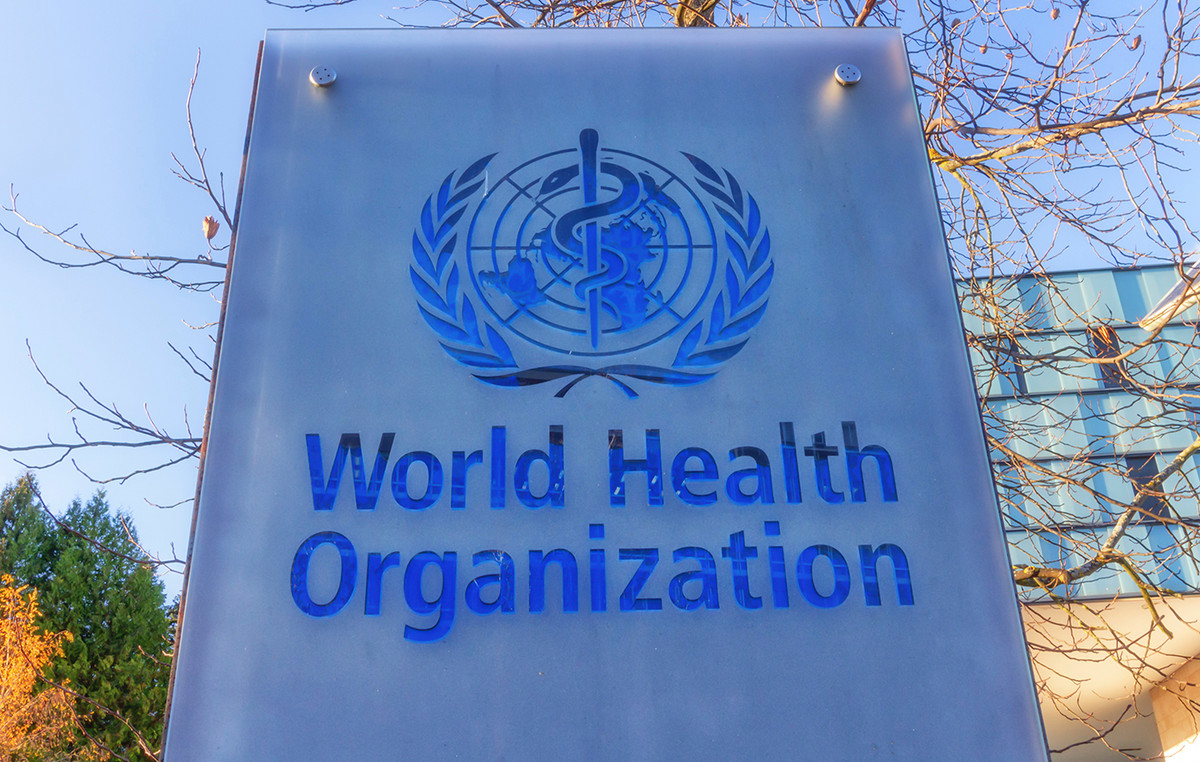The Pan American Health Organization (PAHO) warns of the growing trend of syphilis cases and congenital syphilis in the Americas. It is estimated that 4.6 million people have the disease in the region according to the Epidemiological Review of Syphilis in the Americas launched by the entity.
In 2020, countries reported 29,147 cases of congenital syphilis, and preliminary figures reported to PAHO for 2021 indicate more than 30,000 infections transmitted from mother to child.
Faced with this scenario, the organization appeals to countries and health professionals to intensify the fight against the disease that can be prevented and treated.
“The number of people affected remains unacceptably high for a disease that should no longer exist,” Marcos Espinal, PAHO’s interim assistant director, said in a statement. “We must redouble our efforts to prevent chains of transmission and syphilis from spreading, both in vulnerable populations and in pregnant women and newborns. Treatment is available and affordable.”
Syphilis is a sexually transmitted infection that can cause neurological, cardiovascular and dermatological disorders in adults. It can also be passed from mother to child during pregnancy and can cause miscarriage, stillbirth, prematurity, or severe disability in newborns.
An infectious disease, caused by a bacterium called Treponema pallidum, can manifest in three stages. The first two present the most striking characteristics of the infection, when the main symptoms and also the period of greater transmissibility are observed.
Over time, it disappears and the patient no longer has symptoms. The disease can remain without signs for months or years, until serious complications such as blindness, paralysis, brain disease, heart problems, and can lead to death. Timely diagnosis and antibiotic treatment reduces the risk of complications.
In 2016, countries around the world committed at the World Health Assembly to reduce new cases of syphilis by 90% between 2018 and 2030 and to reduce new cases of congenital syphilis to less than 50 per 100,000 live births. Currently, the incidence of congenital syphilis in the region of the Americas is 200 per 100,000, well above the target needed to achieve elimination.
“We must test all women at the first antenatal visit, before the 20th week and in the third trimester of pregnancy, and immediately treat positive women and their babies with penicillin to prevent transmission. If the test was not done during pregnancy, it should be done at birth,” said Rodolfo Gómez Ponce de León, PAHO’s regional advisor for sexual and reproductive health. “To prevent reinfection, it is also necessary to treat partners,” he added.
PAHO defends the increase in the availability of tests to control the disease. The Epidemiological Review of Syphilis points out that, in Latin America, only 59% of pregnant women received a syphilis test in 2020.
The entity recommends the use of rapid tests at the point of care, including those that detect HIV and syphilis at the same time, with the aim of expanding opportunities for diagnosis and treatment. According to PAHO, only seven countries in the Americas currently use the tests.
Source: CNN Brasil







